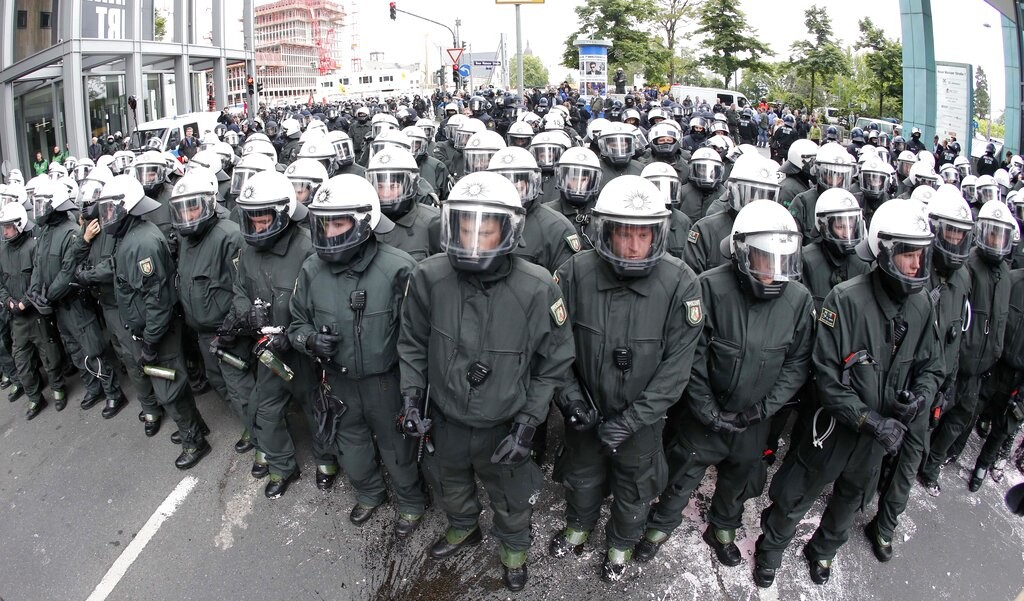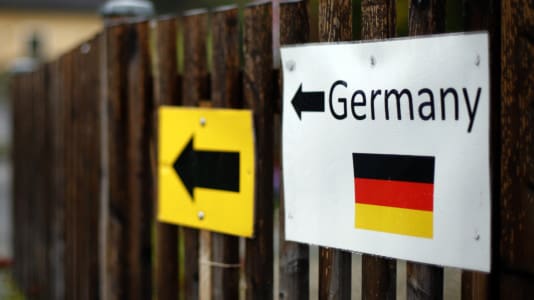The number of politically-motivated crimes recorded in Germany last year soared to a twenty-year high, the German Federal Police Office (BKA) has revealed in its annual review.
According to the BKA summary released on Tuesday, 47,303 cases of politically-motivated crimes were recorded across the country, a figure inflated significantly by the number of protests held against coronavirus measures. It is an increase of almost 15 percent on the 41,177 cases recorded a year earlier, and the highest number since the start of regular data collection in 2001.
The increase can be attributed to the type of crime that cannot be linked to the far-left or the far-right, or any other political or other ideology, the BKA said, adding that it is related to the “aggravated social climate in the coronavirus epidemic.”
The largest group of crimes, with more than 19,000 cases, continues to be linked to activists on the far-right of the political spectrum, with around 9,000 cases linked to far-left activists. About 17,000 of the cases registered could not be linked to a specific ideology but were believed to have been motivated by the rejection of Germany’s social order.
Although the number of violent politically-motivated crimes fell by 6 percent last year from a year earlier, the high number of suspects who cannot be classified in a particular political spectrum is also striking. After 591 in 2020, 1,047 violent politically-motivated crimes were committed last year by suspects who were not identified by police as far-right, far-left, Islamist, or a supporter of a foreign ideology such as the PKK.
This phenomenon is particularly evident in acts of violence against civil servants and elected officials — in 98 of the 120 cases, the suspect did not fall into any of the previous categories. Security agencies have introduced a new concept to record a new type of political crime: “a category of crimes motivated by the constitutionally relevant delegitimation of the state,” the German broadcaster ARD reported.






